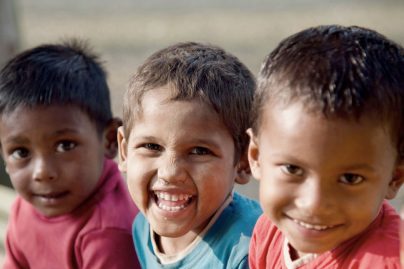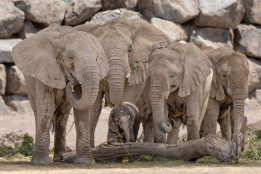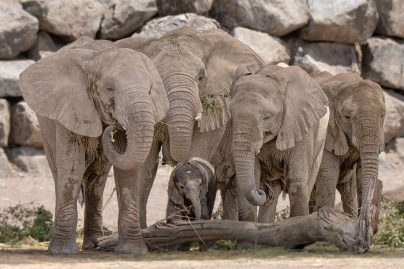#WorldEnvironmentDay: How sustainability is changing the education system
Sun 05 Jun 2022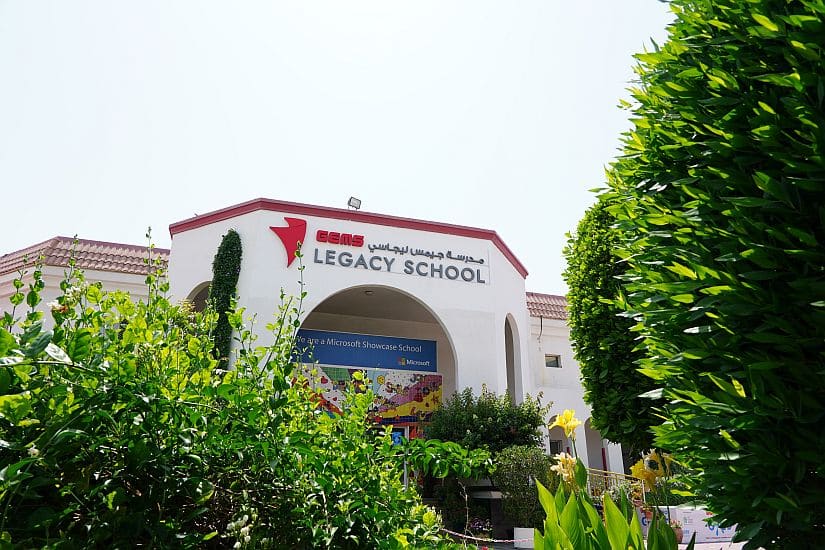
Dubai: Sustainability Education should be multi-cultural, multi-dimensional, and multi-disciplinary and should transcend the boundaries of the classroom and furthermore the school. The Core Values of GEMS Education support the leaders and citizens of the future, to responsibly shape the world in which we live, by creating an institutional culture, which collectively works to continually improve the environmental impacts and deliver sustainable enhancements in delivery and action in and outside classrooms.
Sustainability education (SE) prepares citizens of tomorrow to plan for, cope with, and find solutions for the issues that threaten the sustainability of our planet. It empowers students to make informed decisions and responsible actions to ensure economic viability, just society, and environmental integrity while respecting cultural diversity. The aim of SE is to encourage the transformation of education so that it can contribute effectively to the reorientation of societies toward sustainability or sustainable development. In simple words, we can also define “SE” as education to achieve sustainable development. GEMS Schools have adopted ESD (Education for Sustainable Development) into their curriculum answering the urgent need to protect the environment and safeguard the planet’s biodiversity and natural resources have long been a key focus in GEMS schools. Teaching and making connections to the Sustainable Development Goals not only provides foresight into the abundant career and opportunities but provides the students with a purpose to work towards creating a better future.
Across the subjects, whether it is calculating waste that can be converted into compost for a math lesson, SDG connections to environmental science lessons, soil erosion and wildlife extinction to SST lessons, or creative writing lessons that integrate advocating for sustainability and championing for the planet. GEMS Legacy School was the pioneer to certify each teacher with the UNCC Learn Climate Change certificate. These have turned into meaningful collaborations with more schools across the country to map and align lessons of all subjects with the SDGs (Sustainable Development Goals) and provide future-oriented and meaningful outcomes.
Most schools have an ECO team or a GREEN team comprising staff and students and sometimes even parents. Staff and students at GEMS schools are certified by external regulatory bodies as ‘Eco’ or Environment’ ambassadors. These are further cascaded around the school where the teams engage the school providing focus to days dedicated to the environment and sustainability by the United Nations all through the academic year. Though teachers supervise and guide the students through the activities to raise awareness and act, the students work independently with vigor and passion. The climate literate students take part in various initiatives inviting and collaborating with other GEMS Schools in activities such as planting trees, beach clean-ups, and conferences on climate change such as SCOPE (School Conference of Parties Exposition), among many others.
Staff is trained through accreditation courses like the UNCC: Learn Climate Change, internal and external continuing professional development courses on integrating climate-related awareness within the curriculum, and self-driven school-wide action research projects. As mentioned earlier, schools have taken an initiative through their Professional Development sessions to first raise awareness and train teachers to take up sustainability in the academic and additional curriculum. Certifications such as UNCC Learn Climate Change, Eco-Schools, Global Schools, DEWA Conservation, and Educate Global has also partnered with organizations to continue professional development.
The Inspection Framework does have strands and clearly stated expectations towards Sustainability Education such as Community Engagement, Environment Awareness, and Actions, as well as green initiatives taken by the school, which are evaluated based on the evidence provided by the school.
Service Learning, Experiential Learning, Real-world learning, Inquiry-based Learning. The Problem Based Learning Approach and the Design Thinking strategies promote global perspectives and problem-solving skills. The use of AI Robotics and drone technology to build prototypes has impacted students taking agency as global solutionaries.
Across all scholastics and co-scholastic subjects. The curriculum objectives of all the core scholastic subjects have been mapped to the SDGs and all teachers engage students in immersive activities that have embedded climate literacy across the school. Co-scholastic subjects link the SDGs to their topics and engage students in creative expressions related to sustainability and the EXPO themes.
Active Environmental learning, Classroom Composting, School gardening project, Advocate zero waste as a school policy, Integrate into the curriculum as a weekly lesson, and Organise school competitions and activities around the theme of sustainability and climate action.
In order to create greater awareness about the SDGs and how they can be implemented at the grassroots level, teachers could be trained and certified as climate leaders by doing the UN Climate Change mandatory courses and then map the school curriculum to the SDGs for transforming the world so that students’ learning experiences are shaped accordingly to build climate awareness. Another great strategy is to build partnerships with other local and global schools, and organizations to mobilize climate action and sustainable living. Measure and analyze the impact of these actions through research tools to feed forward into the next steps.
Related News:
GEMS Education Plogging event makes picking up trash fun!
58 GEMS Global Ambassadors take oath for Sustainable Development
SCOPE is an international and inter-school competition and precursor event around the theme of SDGs and Climate Action. Climate Diaries – a compilation of climate-related diaries. Climate literacy is embedded across the school and beyond through twinning partnerships and GEMS GLOBAL AMBASSADORS’SOCIETY(GGA). Due to the high-level Impact evident in student and staff behavior in terms of reduced use of single-use plastic, use of paper and printed materials, use of electricity and water, composting waste, greening the school campus, hydroponics, Plant A Legacy campaign with 45,000 trees planted in the last 3 years, E-waste collection, sustainable diet.
Education for Sustainable Development – A Road Map with a vision for 2030 has been created by UNESCO. With the COP28 scheduled in Abu Dhabi, there are concerted efforts being made by all Government entities and educational institutions across the UAE to propel sustainable living in the UAE. The recent EXPO 2020 held in Dubai has initiated futuristic innovations in the themes of opportunity, mobility, and sustainability and is building further momentum. The active participation of students, staff, and schools in the EXPO Sustainable Learning Journeys has deepened the need for sustainable thinking and focused action. Climate literacy is being integrated into the core curriculum of most schools and tertiary sectors. Local and global organizations are taking CSR more seriously and are collaborating with schools and colleges to impact the wider community. International partnerships and community engagement is the key going forward.
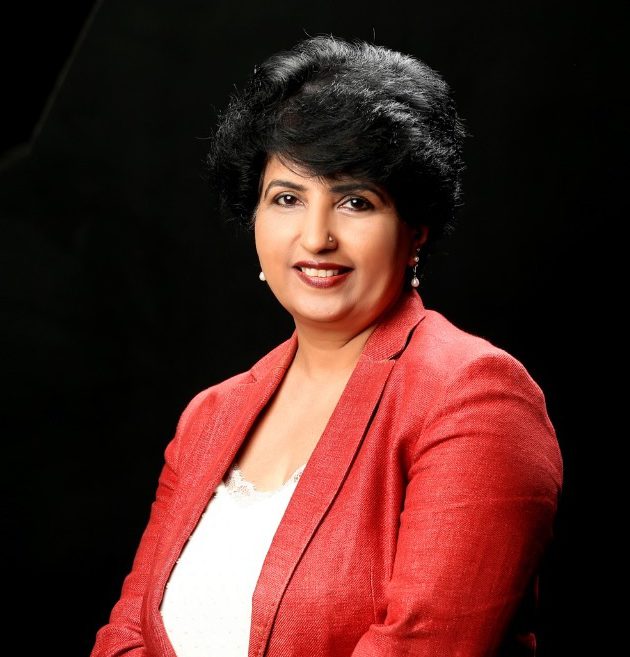
This Article is contributed by Asha Alexander. Asha Alexander is Principal and CEO GEMS Legacy School, Dubai Executive Leader Climate Change-GEMS Education
Disclaimer: All views and opinions expressed in TheBrew Opinion – TheBrew opinion section – are those of the authors and do not necessarily reflect the official policy or position of TheBrew.ae, the company, or any of its members.

 Apr 25 2024
Apr 25 2024


